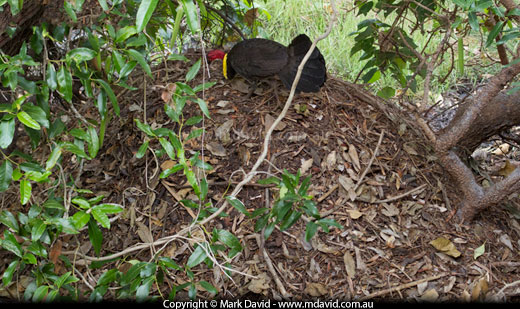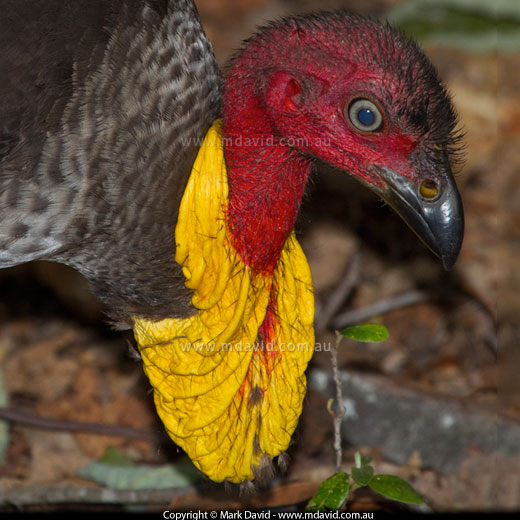do brush turkeys sleep in trees
Brush turkeys believe that bigger is better and. Brush turkey eggs are bigger than goose egg and make great omelettes because they are 80 per cent yolkAnn Goth.
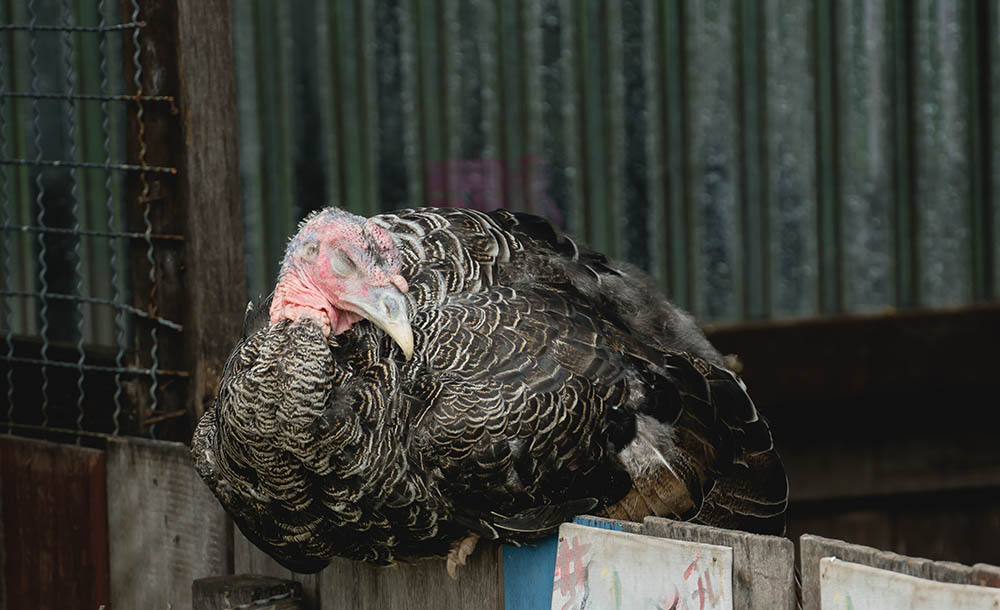
Where Do Turkeys Lay Their Eggs What You Need To Know Pet Keen
These birds will fly up to the spot they wish to roost in for the night and spend the night off the ground.
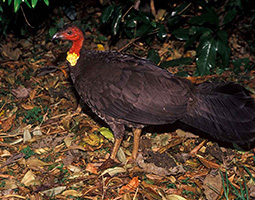
. Hens with young will roost on the ground until the young are able to fly. Each night as the sun starts to set turkeys will naturally seek out a tree to spend the night. Instead they sleep in places called roosts which generally are trees.
Male bush or scrub turkeys build large mounds up to 5 metres round to attract a mate. In the bush youll see them scratching around the damp ground looking for insects fruit and seeds. Many areas are increasingly providing suitable habitat for brush turkeys.
The Bush Turkey. The brushturkey is a clumsy flyer and cannot fly long distances only taking to the air when threatened by predators or to roost in trees at night and during the heat of the day. Turkeys sleep on branches up to 30 feet in the air that they fly to at night.
Brush-turkeys prefer to live in rainforest or wet sclerophyll forests with plenty of shade and moisture. Turkeys sleep in trees primarily to avoid predators. Consider placing brush and trees along fence lines drainages or other places where turkeys regularly travel.
The more females he attracts the more eggs will be produced. Create brush piles or plant clumps of trees in large pastures to provide more habitat diversity and extra escape cover for turkeys. When we create lush gardens with lots of trees shrubs and mulch we create the ideal environment for brush-turkeys to move into.
Wild turkeys sleep in the branches of trees at night. Of course most gardeners do not share a turkeys view of landscape heaven. Turkey hunters who know the roosting habits of the bird can use the knowledge to their advantage.
The birds fly to them around dusk and spend the evening in them before flying down to the ground in the morning to eat. A clumsy flier the brush-turkey cannot be airborne long distances only taking flight when threatened by predators or to roost in trees at night and during the hottest parts of the day. Turkeys do sleep in trees.
A male brush turkey will build nesting mounds that are used by up to 10 females to lay eggs. The Brush Turkey ends along the entirety of the coast of eastern Australia. They will also be attracted to gardens with open compost heaps.
A male scrub turkey has taken up residence in your home. Trees provide food nuts seeds fruit etc resting areas cover from predators and a place to roost at night. In danger they hop from lower branches to upper to reach higher on trees.
But the sheer numbers of the birds there still surprised me. In many parts of the east coast including leafi er urban areas people are seeing an increase in brush-turkeys and many will be seeing them for the fi rst time in their area. The Brush Turkeys mound is usually built in a shady moist area.
Brush Turkeys or Bush Turkeys have developed a reputation for creating a path of destruction through suburban gardens. The answer is yes. However domestic turkeys sleep in brooders inside poultry.
He ambles about scratching and rummaging through the scrub looking for stuff. They have poor night vision so they cant go above 16-meter height. Male Australian brushturkey at Mount Coot-tha Queensland.
More turkeys than ever. Turkeys will often nest at the base of a tree or large shrubbrush. They do so because they have so many predators.
Wild Turkeys nest on the ground in dead leaves at the bases of trees under brush piles or thick shrubbery or. Males weigh over 5 pounds 2450 grams and females are slightly smaller at about 48 pounds 2210 grams. They prefer isolated trees near open spaces over dense forests.
Likewise do baby turkeys sleep in trees. However brush turkeys can be fairly destructive to a garden and a landscaped garden can be stripped of small plants and mulch by a male brush turkey in less than a day. If he finds what he likes he takes it back to add it to his mound of stuff which frankly looks like a.
Towards dusk you might see them flying up to roost overnight in a tree. With the shrinking of their habitat they are forced to move into backyards to. They may have an ancient lineage but that didnt help brush turkeys elude human.
Unlike many animals wild turkeys do not feed at night. Turkeys sleep in trees Although turkeys are often thought of as being anchored to the ground wild turkeys actually spend their nights perched atop of tree branches. Wild turkeys sleep on trees at night.
These massive mounds function as a nest to incubate the eggs attended by the ever-present male scrub turkey that constantly adds and adjusts the nest. With ample supplies of home-delivered mulch and an abundance of food and suitable trees and shrubs to roost in safe from predators brush turkeys moved right into the suburbs and made themselves at home. When we create lush gardens with lots of trees shrubs and mulch we create the ideal environment into which brush-turkeys can move.
This behavior is called roosting and helps protect them at night from ground dwelling predators such as coyotes. He is regarded as a bit of a pest and looks like a down and out. Groups of the birds communally roost each night up trees.
Where do turkeys sleep. They will find a comfortable spot probably near the top of the tree and perch on there leaving their head to hang down as they sleep. Brush Turkeys are ground-dwelling birds although they can fly if they need to.
Hes a native bird of Australia found all the way along the eastern coast. Many people have created a backyard environment similar to the brush turkeys preferred natural habitatdense trees and plants mulched garden beds and plenty of moisture. Unless the hens are sitting on eggs or they are domesticated turkeys sleep in trees every night to avoid predators because they cannot see well in the dark.
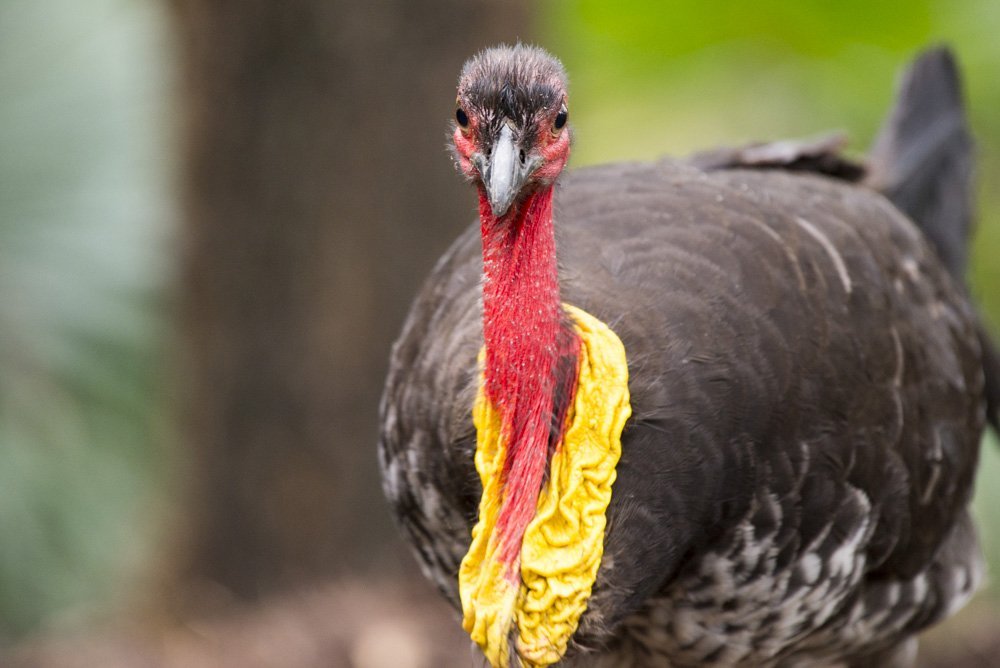
The March Of The Brush Turkey Australian Geographic

Brush Turkeys In Strata July August Nest Building Season Strata Life
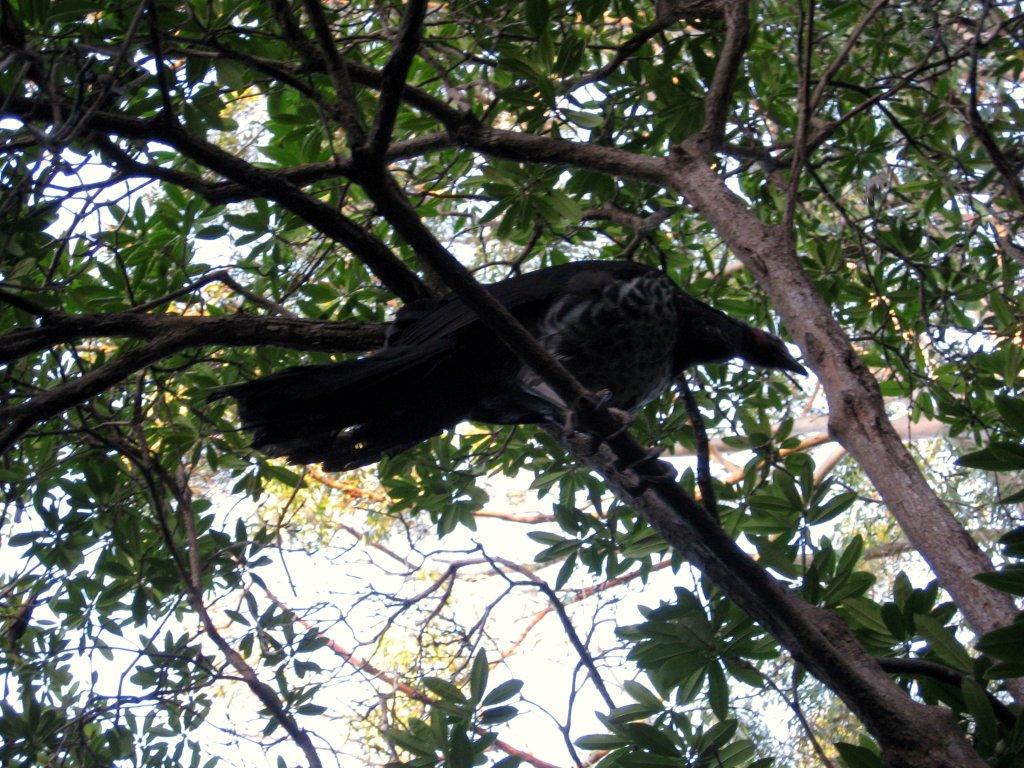
Bush Turkeys Removal And Relocation Sydney
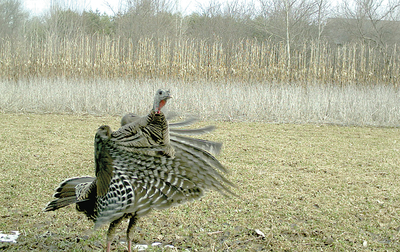
Understand Turkey Roost Habits For Early Success Don Mulligan Kpcnews Com

Where Do Wild Turkeys Sleep Turkeys Unique Sleeping Habits Explained

15 Australian Brush Turkey Facts You Ll Never Forget
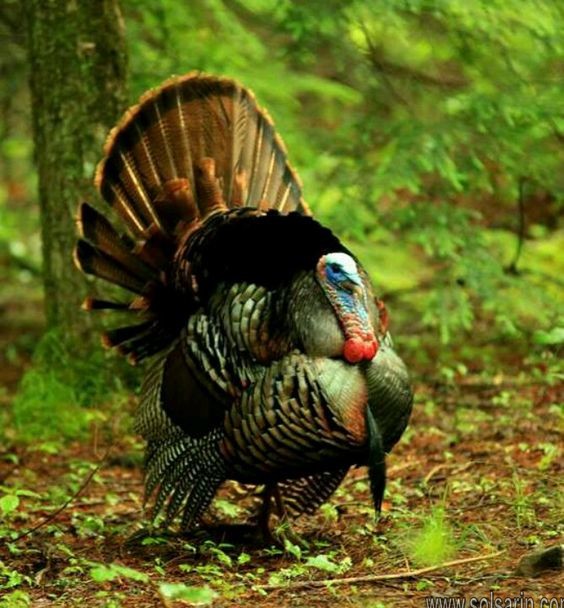
Where Do Turkeys Nest Perfect Description
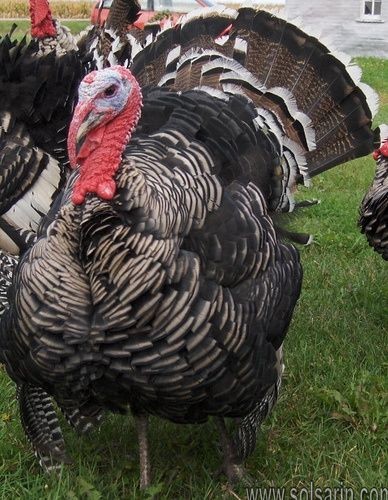
Where Do Turkeys Nest Perfect Description
Australian Brush Turkey Australia Walkabout Park

Native Bush Turkeys And Domestic Chickens Our Experience

Behavior Ecology Australian Brush Turkey Alectura Lathami Fact Sheet Libguides At International Environment Library Consortium

Australian Brush Turkey Alectura Lathami
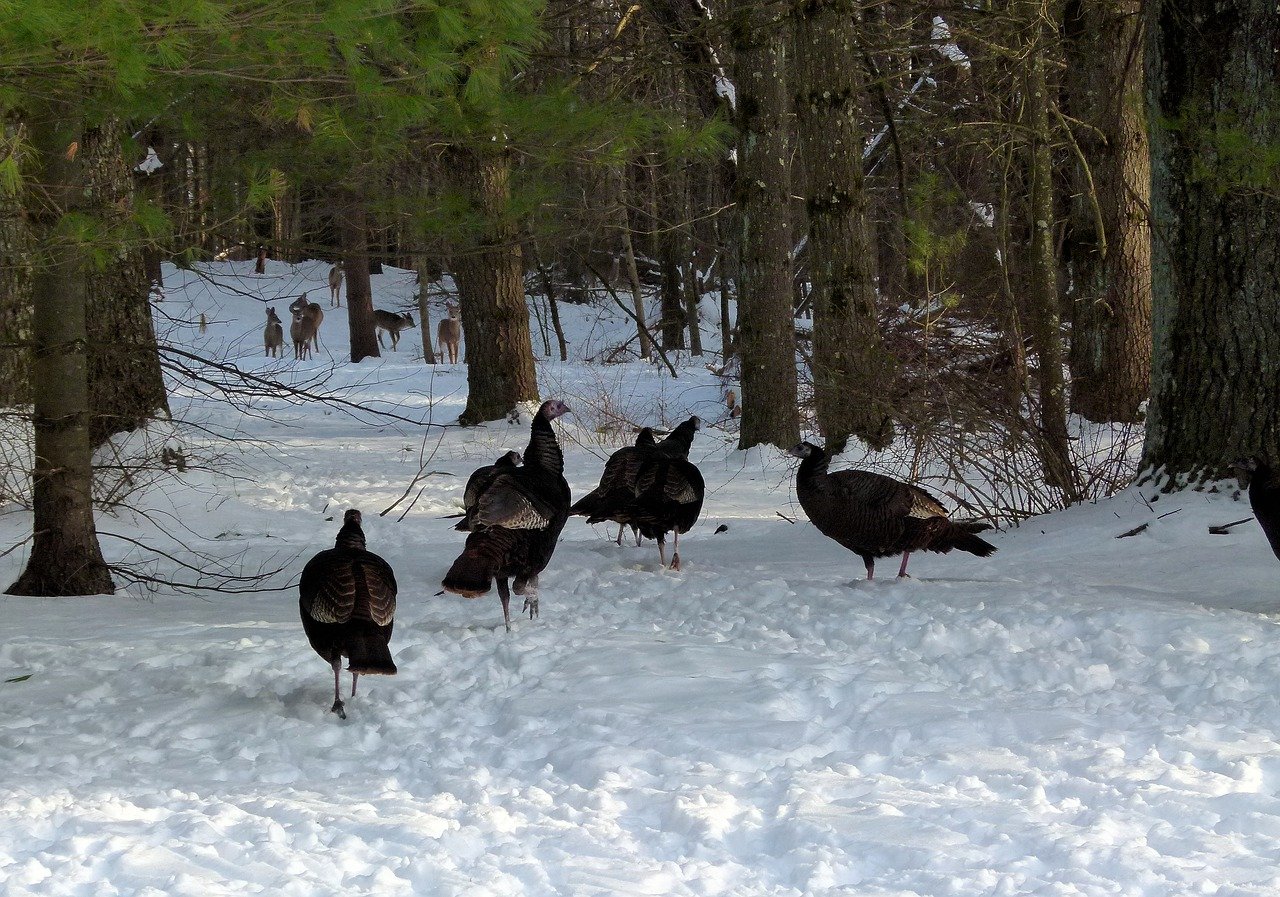
Where Do Wild Turkeys Sleep Turkeys Unique Sleeping Habits Explained
